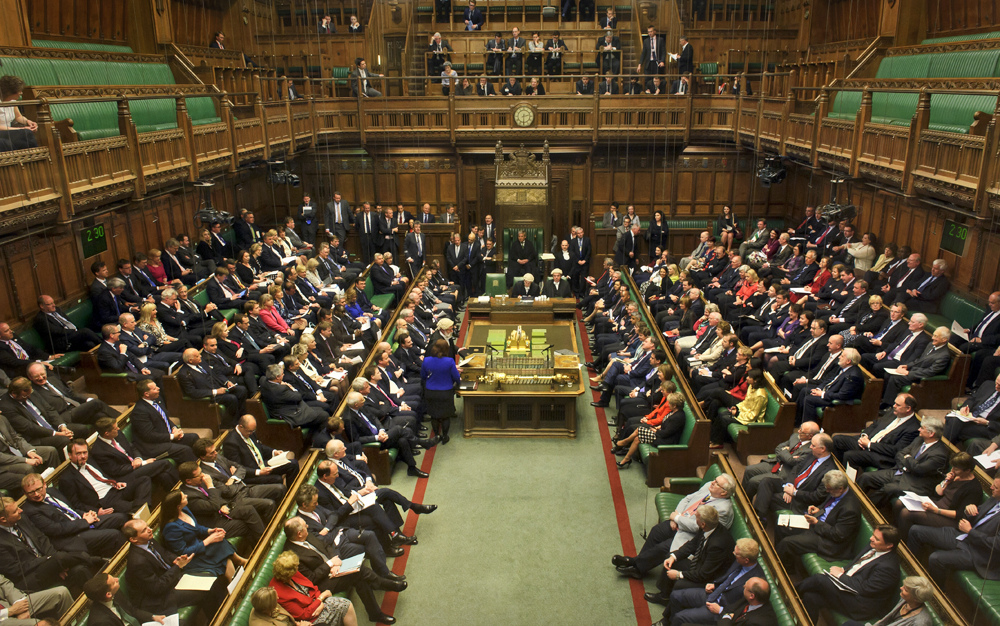They’re setting up a fund to help underrepresented social groups get elected and want half of their candidates to be women.
What it means: The Conservative Party’s annual conference, where members chat about future policy plans, is currently in full swing. One of its ideas is to up the number of female and BME (black and minority ethnic) Tory MPs. Chairman Brandon Lewis said that they’ll do this by insisting half of the candidates they put up for election are women (currently just 30 percent are) and by putting aside a pot of money to help more diverse candidates get elected.
Of the 315 Tory MPs currently in Parliament, 20 percent are women and 6 percent are BME. The opposing Labour Party, who has 257 MPs, is much more diverse, being 45 percent female and 13 percent BME. (The population parliament is supposed to represent is 51 percent female and 14 percent BME).
Lots of people think a more diverse government will lead to fairer and more inclusive economic policies because people tend to be much more aware of - and passionate about - issues that affect people like themselves. They say that a lack of diversity leads to certain social groups being neglected. For example, a report by Labour’s shadow equalities minister (who has a political incentive to show the Conservatives in a bad light) says 86 percent of the negative effects of austerity (i.e. government cuts) fell on women.
But other people argue that by prioritising social background over merit, the Conservative government might miss out on the best and brainiest people, meaning it won’t come up with as good economic ideas. That argument ignores the fact that regardless of how bright and brainy you are, running for political office requires you to stump up tens of thousands of pounds of your own money - and BME and female Brits have average incomes below those of white men.

